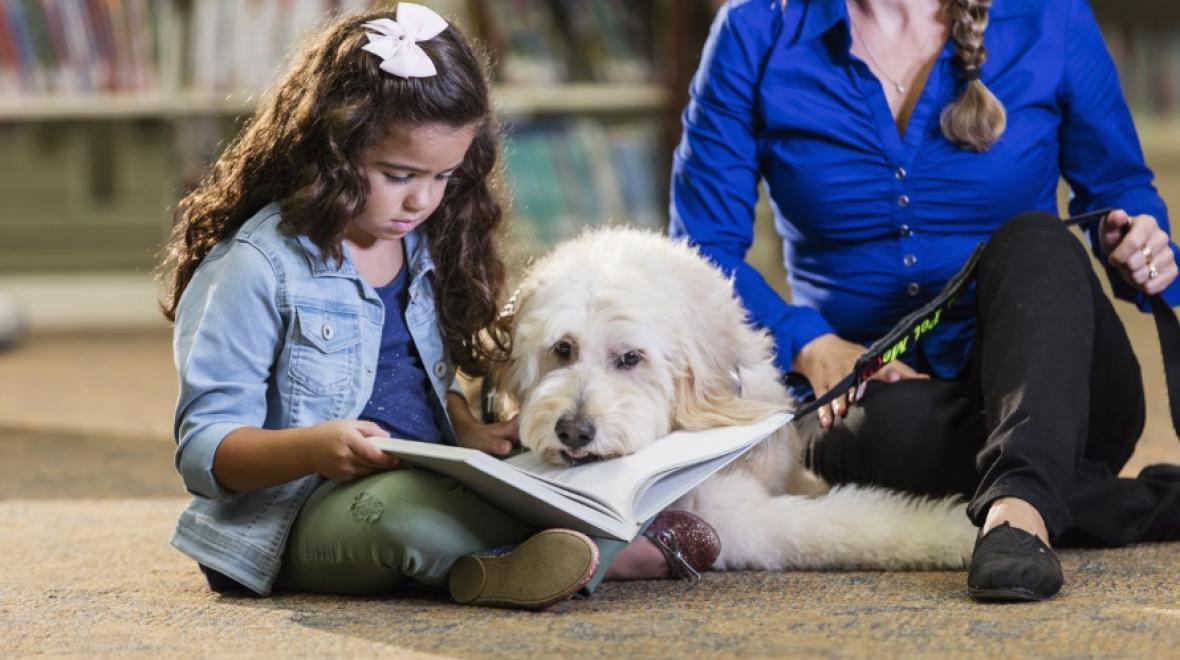The bond between children and animals is a powerful force, offering a unique blend of companionship, joy, and invaluable life lessons. Integrating pet animals and kids into a family dynamic can have a profound and positive impact on a child’s emotional, social, and cognitive development.
A Foundation for Empathy and Compassion
Caring for a pet provides children with an unparalleled opportunity to develop empathy and compassion. By observing an animal’s needs, understanding its body language, and responding appropriately, children learn to recognize and respect the feelings of others. Feeding, grooming, and playing with their pet fosters a sense of responsibility and encourages children to consider the well-being of another living creature. This nurturing experience cultivates a compassionate nature that extends beyond the animal-child bond, influencing their interactions with peers, family members, and the world around them.
Boosting Confidence and Self-Esteem
The responsibility of caring for a pet can significantly boost a child’s self-esteem and confidence. Tasks such as feeding, walking, and grooming the animal provide children with a sense of accomplishment and ownership. Successfully caring for their pet reinforces their abilities and encourages them to take pride in their accomplishments. This newfound confidence can translate into other areas of their lives, fostering a positive self-image and a willingness to embrace new challenges.
Promoting Physical Activity and Healthy Lifestyles
Pet animals and kids often go hand-in-hand with increased physical activity. Dogs, in particular, encourage children to get outside for walks, runs, and playtime. This regular exercise not only improves their physical health but also contributes to their overall well-being. Engaging in outdoor activities with their pet can help children develop a love for the outdoors and foster an appreciation for nature.
Developing Social Skills and Communication
Interacting with their pet helps children develop crucial social skills. Caring for an animal teaches them about communication, both verbal and non-verbal. They learn to understand their pet’s cues, respond appropriately to their needs, and express their own feelings and desires through gentle touch, play, and verbal commands. These interactions provide valuable social learning experiences that can enhance a child’s ability to communicate effectively with others.
Overcoming Fears and Building Resilience
The presence of a pet can provide children with a sense of security and comfort. Animals offer unconditional love and companionship, providing a calming presence that can help alleviate anxiety and fear. Children can often confide in their pets, sharing their worries and concerns without judgment. This emotional support can help children develop coping mechanisms for stress and build resilience in the face of challenges.
Choosing the Right Pet for Your Family
When considering introducing pet animals and kids into your household, careful consideration should be given to the specific needs of both the children and the animal. Factors such as the child’s age, temperament, and level of responsibility should all be taken into account. Choosing a pet that is compatible with the family’s lifestyle and living space is crucial for ensuring a harmonious and fulfilling relationship for all members.
The Importance of Responsible Pet Ownership
It is essential to emphasize the importance of responsible pet ownership within the family. Children should be actively involved in the care of their pet, but parental guidance and supervision are crucial. This includes ensuring the pet’s basic needs are met, such as providing adequate food, water, shelter, and veterinary care. Children should also learn about proper animal handling and the importance of respecting the pet’s boundaries and personal space.
The integration of pet animals and kids can have a profound and lasting impact on a child’s development. By fostering empathy, responsibility, and a love for living creatures, pets enrich the lives of children and contribute to the creation of happy, healthy, and compassionate individuals.





